The 2017 VTB United League playoffs are in the books. Time to look back on the 10 biggest heroes and what they did to make the postseason special.
Sasa Obradovic, Lokomotiv-Kuban
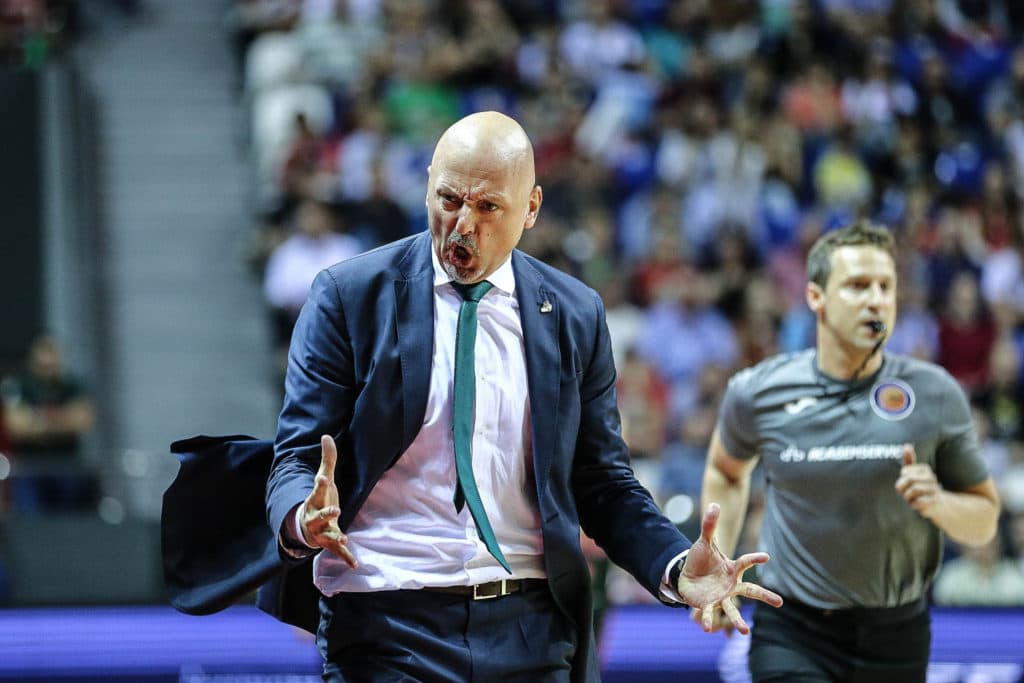
Lokomotiv did not reach its ultimate goal, hitting a red-blue wall in the semifinal round. But simply getting there was an accomplishment after what transpired in the opening minutes of the quarterfinal series vs. UNICS. Kevin Jones’ block attempt ended in an awkward fall and broken tailbone. Losing Jones, who played an integral role on offense, defense and rebounding, could have ended in disaster for Lokomotiv. Not surprisingly, the Railwaymen dropped Game 1 and gave up the home-court advantage.
Loko Nation started to fret, but Obradovic remained calm under fire. Who knows, maybe Obradovic found some supernatural powers between Game 1 and 2, such as an uncanny ability to handle crisis on the basketball court to go with his laser vision? In any case, he was able to light a fire under his players and they turned in a brilliant performance in Game 2, forcing numerous backcourt violations and fighting for every loose ball.
He also made tactical changes. The backcourt took over on offense, led by Taylor Rochestie. Loko scored 30 more points in Game 2 than in Game 1 (92 to 62) and seized the initiative in the series, before sealing the deal in Kazan.
All that remains for Obradovic next season is to avoid any excesses. Perhaps he’ll reveal some other abilities, tap into the team’s full potential and get the results the team needs.
Semyon Antonov, CSKA
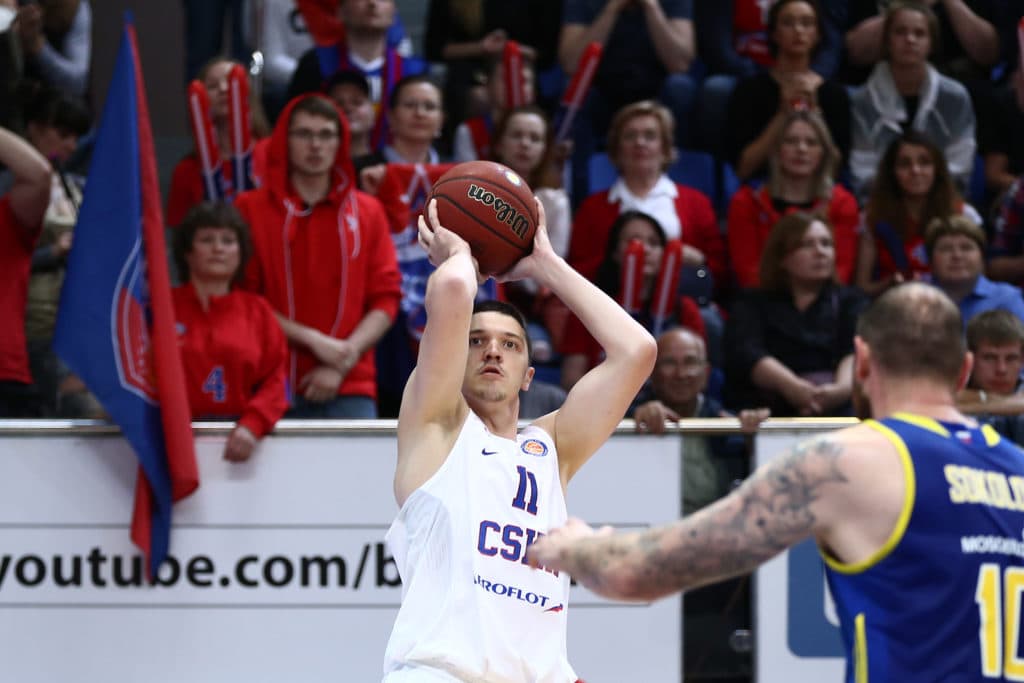
Stats: 6.4 points, 3.3 rebounds and an 8.4 efficiency rating in nine games
At the beginning of the 2017 playoffs, Antonov was the only player on CSKA’s roster without a VTB United League title. After several memorable postseason runs with Nizhny Novgorod, the forward was eager to break through with a championship. That’s certainly how it looked in the finals against Khimki. Antonov not only played defense; he showed flashes on offense as well. The Russian national team player didn’t miss a shot until the second half of Game 2, when a win was already in the bag. Antonov’s performance in the finals was an eye-opener for everyone.
Stefan Markovic, Zenit
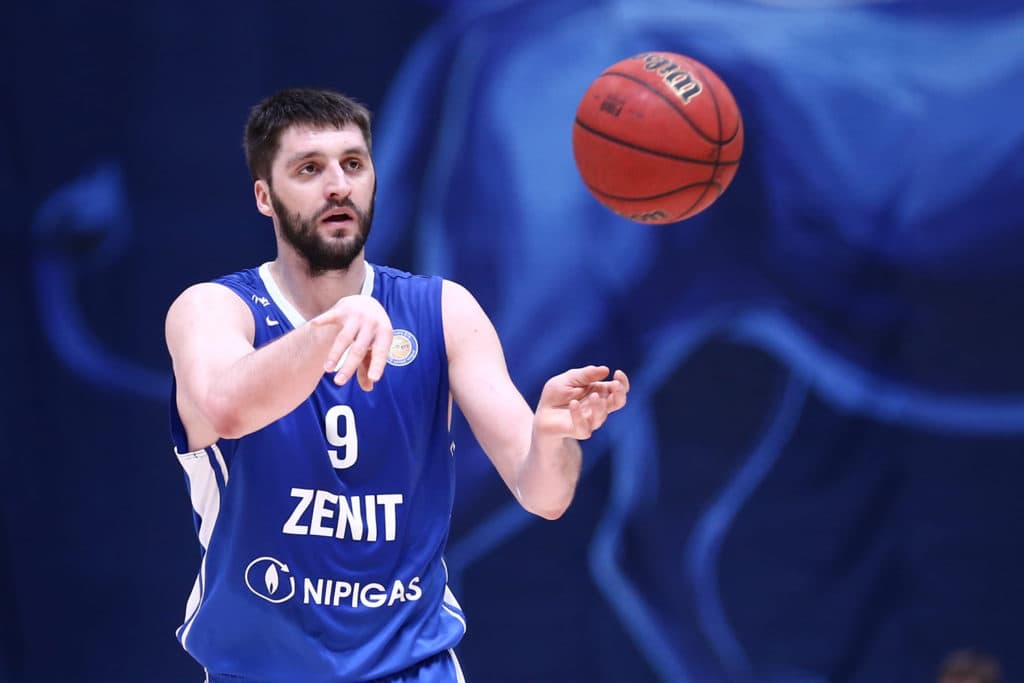
Stats: 11.1 points, 5.0 rebounds, 7.3 assists and a 15.9 efficiency rating in eight games
Zenit’s leader on the court, Markovic played at a high level in the postseason. As someone who’s played in the Olympic, World and European finals, he also gave his team the resilience, passion and confidence that’s so important in elimination rounds.
After a terrific quarterfinal series, Markovic took things to another level in the semifinal showdown with Khimki. Zenit won Game 1 thanks to his steal and 3-pointer over Sergey Monia’s outstretched arms. In Game 2, he recorded a double-double and locked down on Shved defensively, despite playing through pain from a tweaked back. Unfortunately, that’s when Zenit’s downward spiral began.
Markovic was also responsible for the biggest surprise of the postseason. Flinging himself after a loose ball in the final seconds of Game 4, the Serb banged up his knee in a collision. Zenit said it didn’t expect him back for Game 5, but no one was shocked when Markovic took the court three days later and turned in another terrific performance. The top assist man in the playoffs sparkled, despite his bangs and bruises, showing his heart in the face of severe adversity.
Magic assist by Stefan Markovic & dunk by @SKgetbuckets pic.twitter.com/PLQr4RXq2i
— VTB United League (@VTBUL) 9 апреля 2017 г.
Marko Todorovic, Khimki
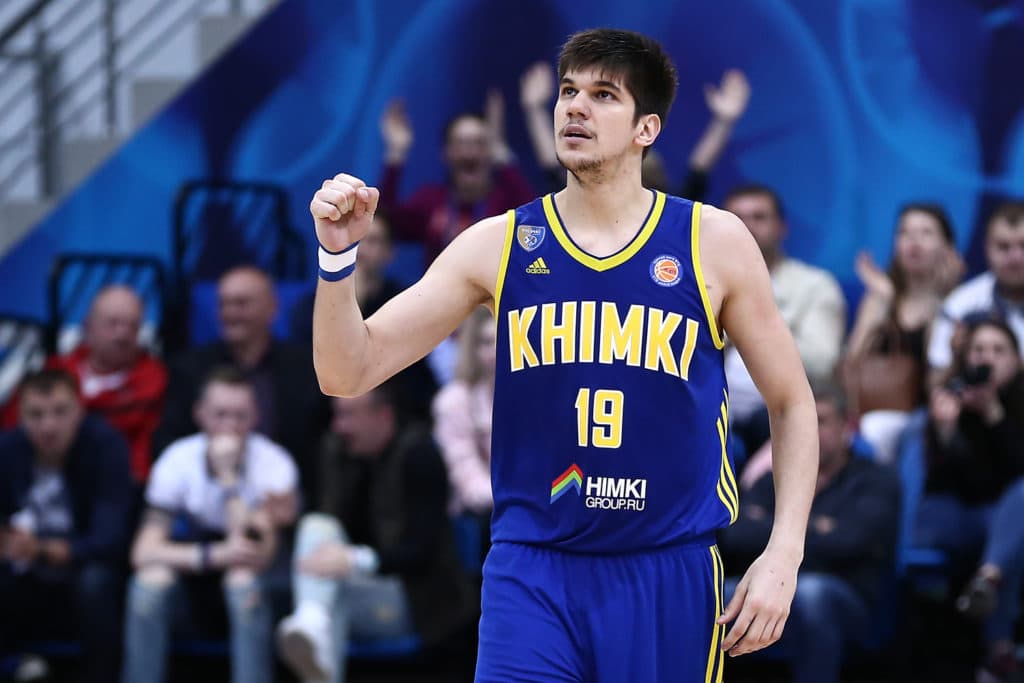
Stats: 11.4 points, 7.1 rebounds, 1.9 assists, 1.0 steals, 0.9 blocks and a 15.2 efficiency rating in nine games
Khimki’s interest in unloading Todorovic more than a year ago, when he finished the season on loan in Spain, seems unthinkable now after the show he put on in the 2017 playoffs. Todorovic even played through injury in Game 5 against Zenit after taking a shot to his groin in Game 4, that left him “immobile”, by his own admission.
Like Knicks legend Willis Reed, who stunned fans by playing in Game 7 of the 1970 NBA Finals, Todorovic was both inspirational and effective, finishing with nine points, five rebounds, two blocks and 3-3 at the free-throw line in 24 minutes. The 210-centimeter Marko was a big problem for Zenit’s undersized roster. He was especially productive in the pick-and-roll with Shved, drawing plenty of fouls, though he averaged just 50% at the line in the playoffs.
Todorovic, however, ran out of steam in the finals. He only played five minutes in Game 1 and didn’t return to the court. His absence was felt throughout the series against CSKA.
Marko Todorovic’s one-handed slam 📹 pic.twitter.com/ZJzMduqkef
— VTB United League (@VTBUL) 23 апреля 2017 г.
Taylor Rochestie, Lokomotiv-Kuban
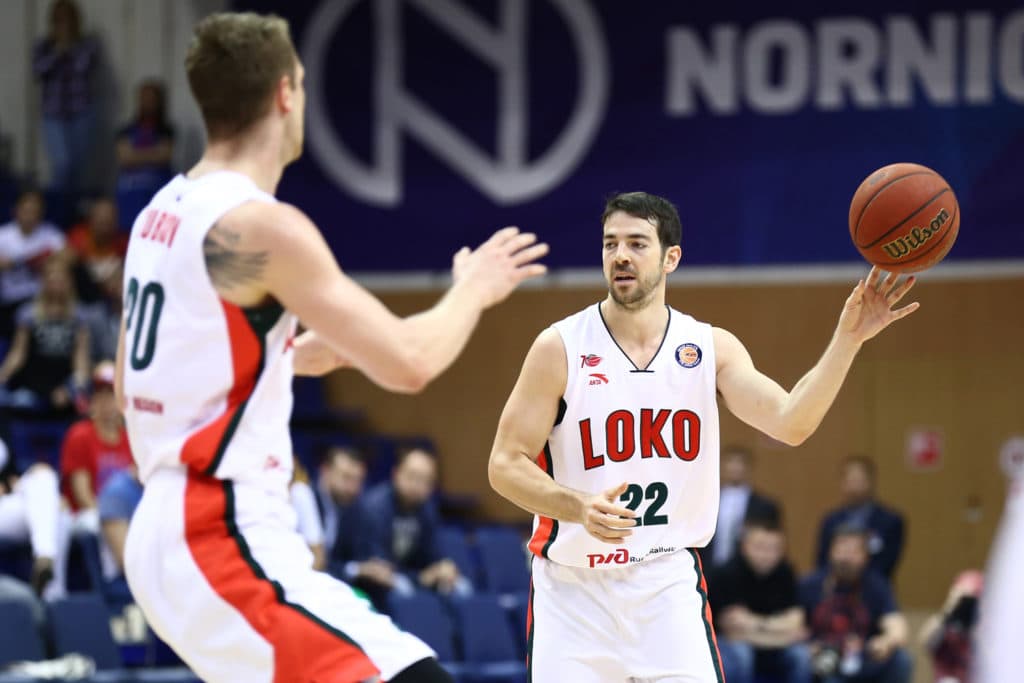
Stats: 15.9 points, 2.3 rebounds, 3.3 assists, 1.1 steals and a 14.0 efficiency rating in seven games.
After getting the green light from Obradovic on offense following the injury to Jones, Rochestie repaid his coach’s trust. Against UNICS, he looked like the 2014 Rochestie in Nizhny Novgorod as the team’s entire attack ran through the diminutive American guard. Rochestie scored more than 20 points in each of Loko’s wins against Kazan. In the games where he didn’t score as much (11 in Game 1 vs. Kazan, 7 and 8 in Games 2 and 3 vs. CSKA), Krasnodar clearly struggled. He did have 17 in the opener against CSKA and, not surprisingly, underdog Krasnodar almost pulled off the upset (101-95).
He didn’t reach the finals this time, but his drives to the basket and three-point shooting (45% from beyond the arc in the playoffs) were the driving force in Loko’s playoff run.
Nikita Kurbanov, CSKA
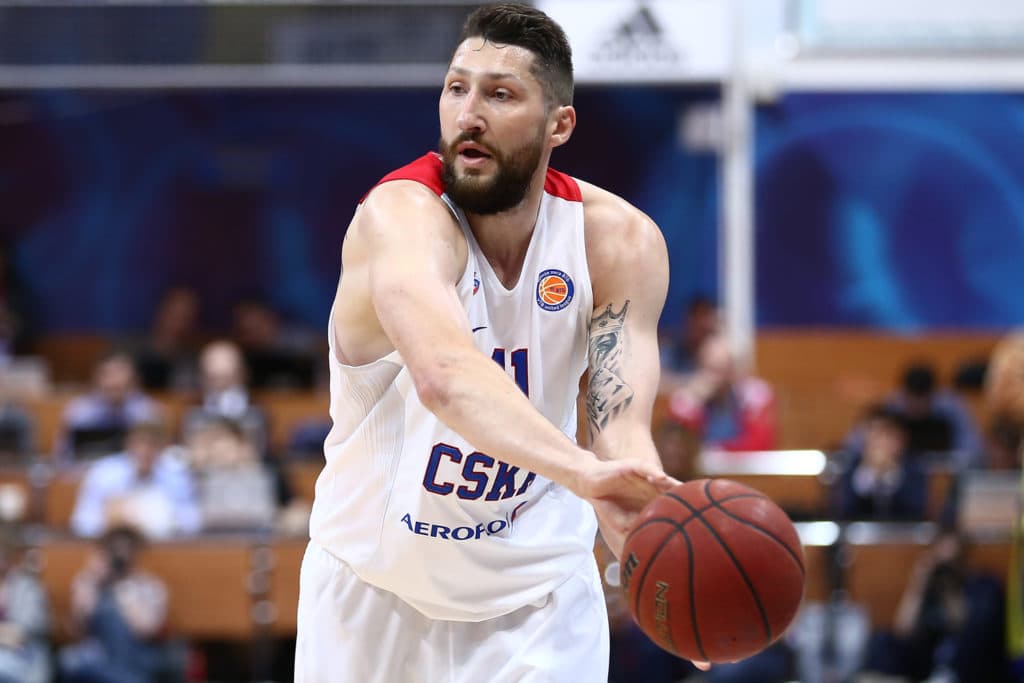
Stats: 6.7 points, 4.7 rebounds, 1.9 assists and an 11.4 efficiency rating in nine games.
“Our work is dangerous and difficult, and, at first glance, nearly invisible.” Don’t dismiss Kurbanov’s modest numbers. You’ll be far more impressed when you see what happened to the guys he played defense on, starting with Alexey Shved. The Khimki star went 16-51 in the finals along with 10 turnovers, hounded game after game by one of the League’s top defensive stoppers. We see you, Nikita.
Sergey Karasev, Zenit
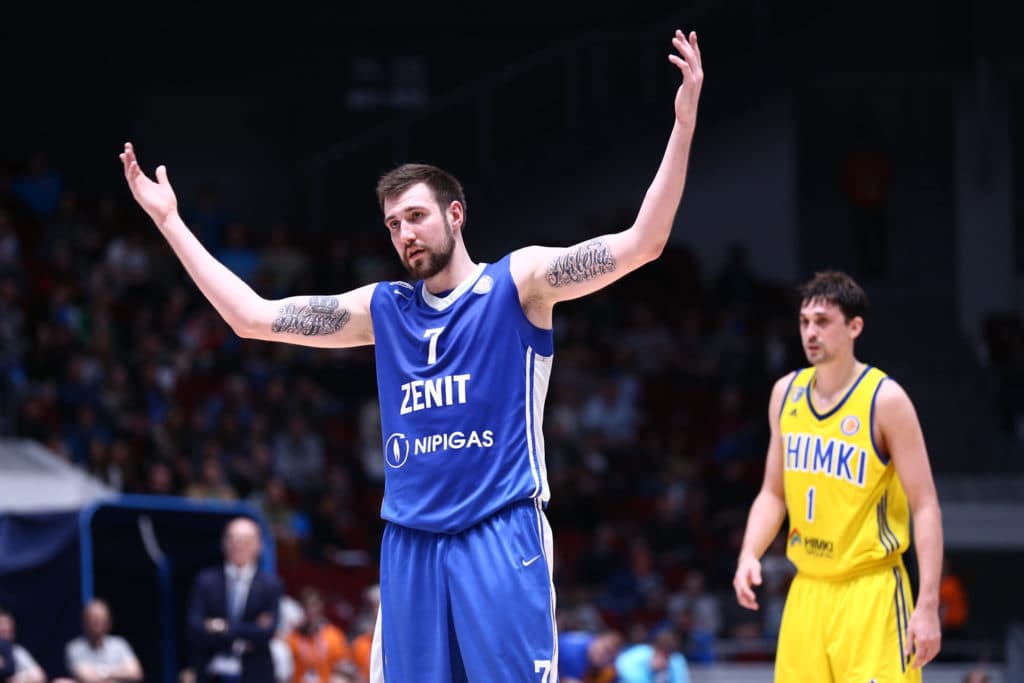
Stats: 15.0 points, 2.5 rebounds, 4.5 assists and a 13.8 efficiency rating in eight games.
As it turns out, the reaction to Karasev’s performance in the postseason is closely correlated to the unsuccessful outcome of the series against Khimki. Karasev went 4-14 in Game 5, including a fatal turnover in the final minute. It’s tough to look past the disappointment, but it wouldn’t be right to forget everything he did leading up to that point. The young Russian was dominant for much of the postseason, scoring, distributing and doing everything possible to get Zenit into the finals.
In his first season as a leader on a contending team, Karasev showed the potential to become a superstar in the League. But, as we found, he may need a little more seasoning and experience.
Milos Teodosic, CSKA
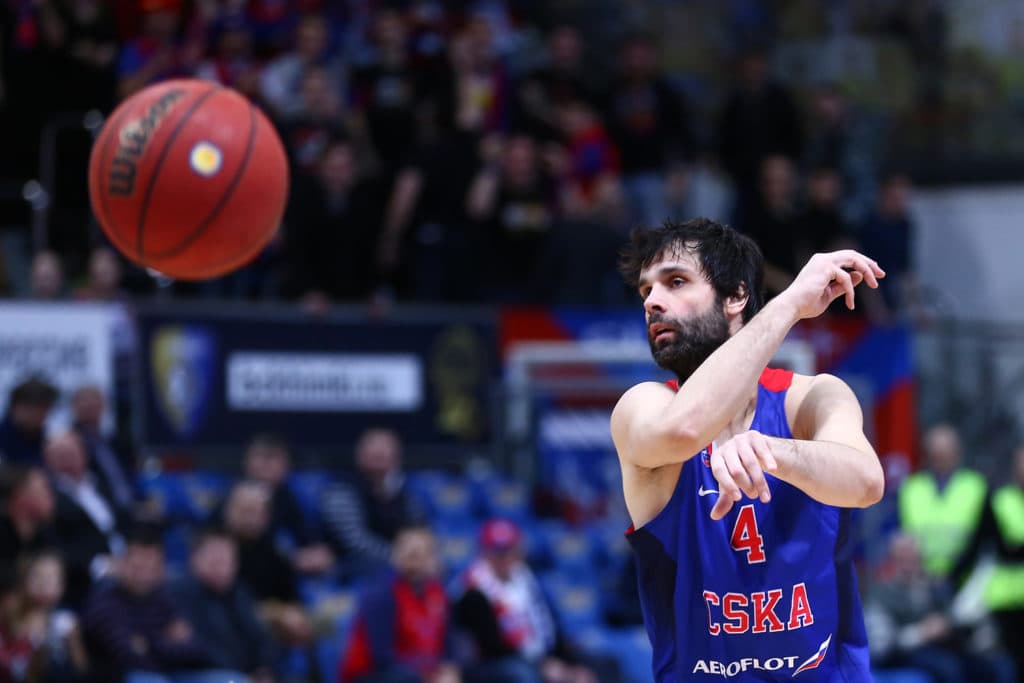
Stats: 13.3 points, 1.7 rebounds, 4.5 assists and a 14.3 efficiency rating in nine games.
Teodosic found a cheat code in the 2017 playoffs, taking his already-deadly three-point shot to the next level. Against Loko and Khimki, Teodosic was unforgiving, overwhelming any and all resistance to shoot 60.7% from downtown on almost five attempts per game. He also added 4.5 assists, many of which were absolute gems. Having returned from injury, Teo showed everyone once again what makes him so unique. That’s important to recognize because the long-time CSKA leader and fan favorite could be headed to the NBA this summer. There’s a chance, though, that the Serb will once again surprise, much like his unconventional passing.
Alexey Shved, Khimki
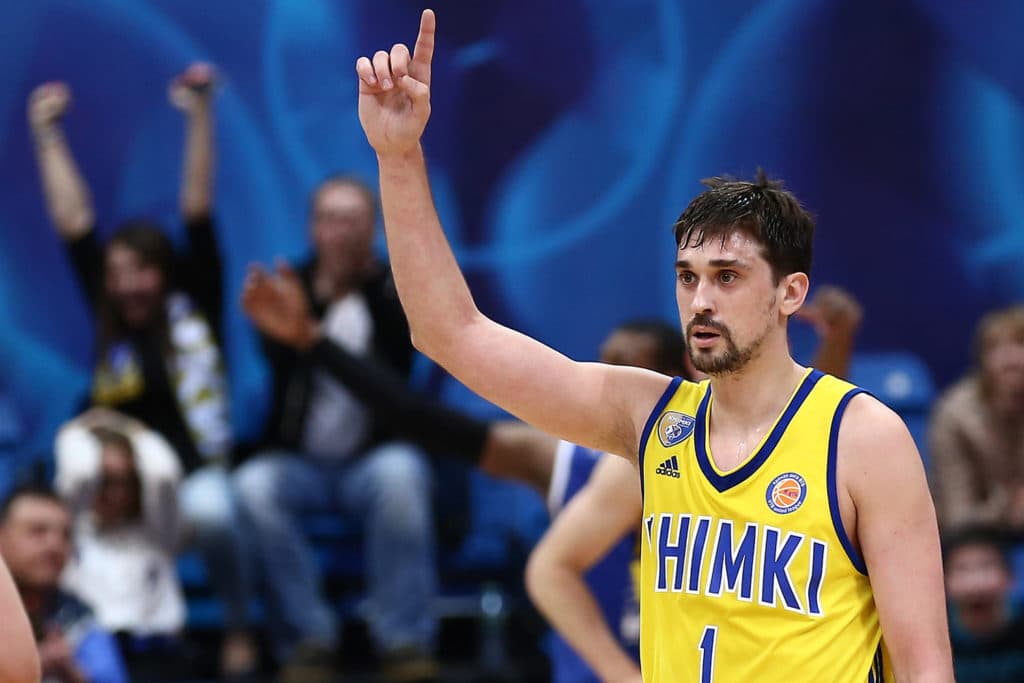
Stats: 24.9 points, 2.1 rebounds, 5.0 assists, 1.1 steals and an 18.6 efficiency rating in 11 games.
The biggest star and the most contradictory performance in the 2017 postseason. During the quarterfinals vs. Enisey, Shved had plenty of space and freedom to operate. He buried Krasnoyarsk, averaging 27 points per outing.
Vasily Karasev seemed to find a solution, defending him as aggressively as possible with an array of defensive specialists, not to mention double-teams and help defense. After back-to-back wins, St. Petersburg triumphantly stated it was ready for Shved to score as much as he wanted. As long as he was taking most of the shots, Zenit would win.
But there was a turning point in Game 3. Shved received his regular-season MVP award and began to play with far more efficiency. The guard trusted his shot and ended up scoring 22, 33 and 28 points, respectively, in the final three games of the series. The Karasev’s had no answer as Shved powered Zenit to dramatic wins in Games 4 and 5.
Shved’s star faded in the finals. After losing his trusted companion Todorovic to injury, Shved and co. couldn’t find a way through CSKA’s elite defense. But he was able to deliver a EuroLeague berth along with one of the brightest postseason performances in 2017.
Nando De Colo, CSKA
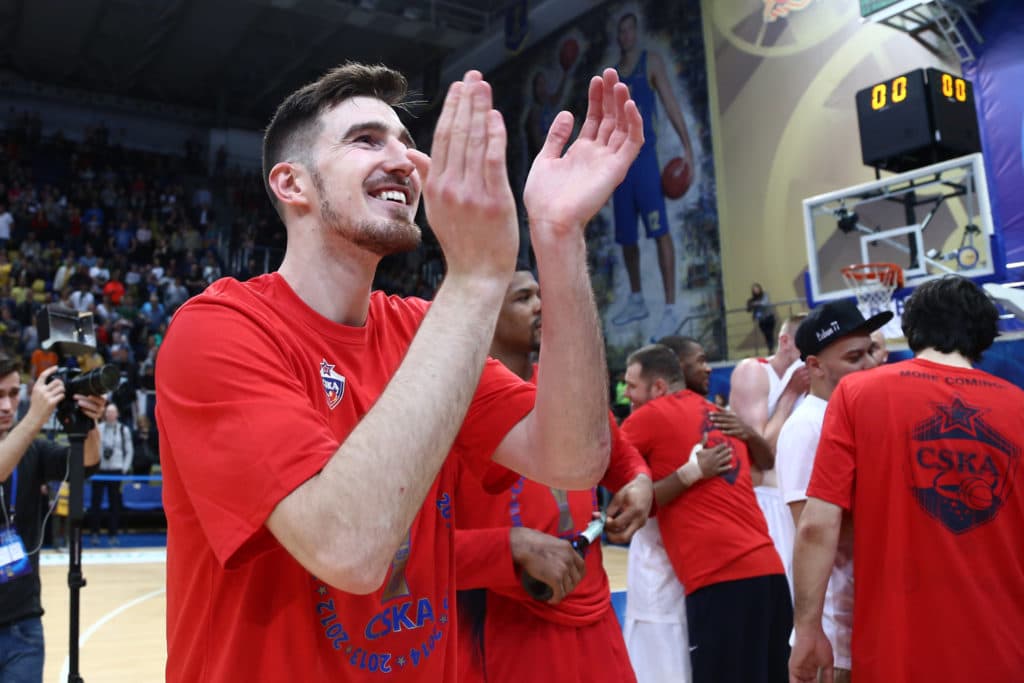
Stats: 17.3 points, 2.1 rebounds, 3.6 assists, 1.0 steals and a 17.0 efficiency rating in nine games.
After the EuroLeague Final Four setback, CSKA showed once again in the VTB United League playoffs that it’s almost impossible to beat in a series. the Army Men went undefeated in the postseason and were rarely tested (Game 1 against Loko was the only exception). Everybody on CSKA’s loaded roster was extremely focused, even when not getting regular playing time (see Semyon Antonov). The confidence oozing from the CSKA bench often caused opponents to lose hope even before taking the court.
As a result, De Colo didn’t need to play at an MVP level for 40 minutes. But he was terrific over shorter stretches. The Frenchman was the battering ram, breaking down opposing defenses so his teammates could surge forward. In 23 minutes per game, Nando exhibited exquisite control, helping Itoudis put teams away with ease. De Colo’s trophy case has a new addition following CSKA’s championship run: 2017 VTB United League Playoffs MVP.
























